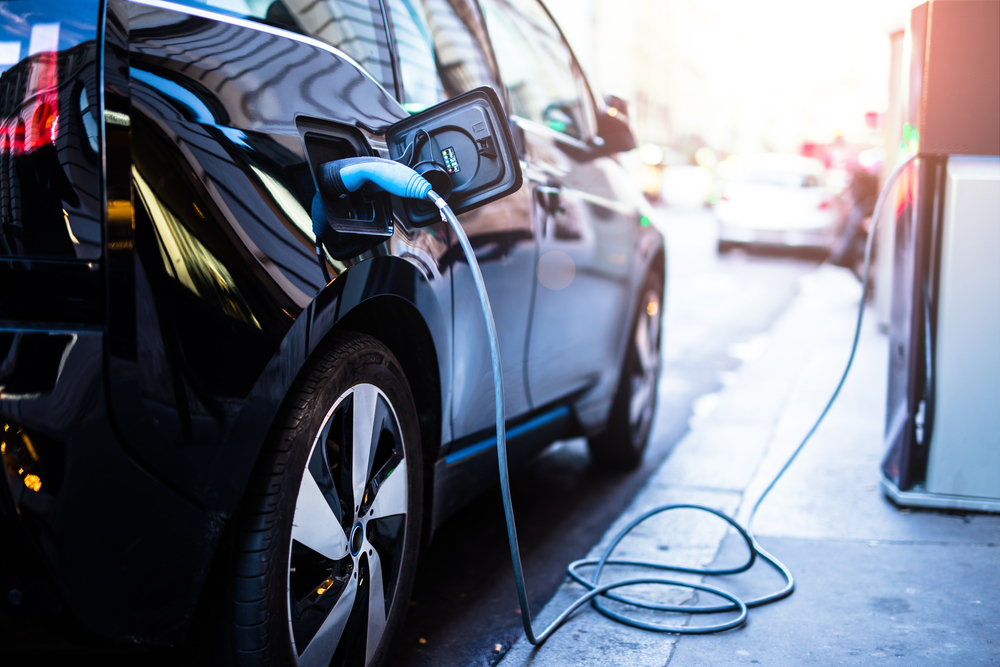Household Bills
Hybrid car sales soar but ban looms

New car sales fell in January as confusion around government plans to ban certain types of engine weighed on consumer confidence.
New car registrations fell by 7.3% in the first month of the year driven by a huge decline in sales of diesel vehicles.
Diesel sales were down 36% from 46,264 in January 2019 to 29,605, according to figures from the Society of Motor Manufacturers and Traders (SMMT).
Registrations of diesel cars have now fallen for 34 months.
Sales of petrol vehicles were also down but by a smaller margin of 9.5%.
A total of 91,836 petrol vehicles left showrooms in January compared to 101,444 the same month a year earlier.

Wellness and wellbeing holidays: Travel insurance is essential for your peace of mind
Out of the pandemic lockdowns, there’s a greater emphasis on wellbeing and wellness, with
Sponsored by Post Office
The data comes a day after the government announced it was bringing forward plans to ban the sale of new petrol, diesel and hybrid vehicles by five years to 2035.
Sales of hybrid electric and plug-in hybrid electric vehicles soared in January by 20.6% and 111.1% respectively, both of which will be banned under Boris Johnson’s plans.
However, the biggest jump in demand was for battery electric vehicles, with sales up 203.9% to 4,054 from 1,334.
The SMMT criticised government plans to ban sales of cleaner hybrid cars as well as petrol and diesel vehicles.
It said hybrids and plug-in hybrids are zero emission capable and bring “significant environmental benefits today”. They also act as a stepping stone in helping motorists make the switch to a zero emission vehicle, it added.
Mike Hawes, SMMT chief executive, said: “Consumer confidence is not returning to the market and will not be helped by government’s decision to add further confusion and instability by moving the goalposts on the end of sale of internal combustion engine cars.
“While ambition is understandable, as we must address climate change and air quality concerns, blanket bans do not help short-term consumer confidence.”